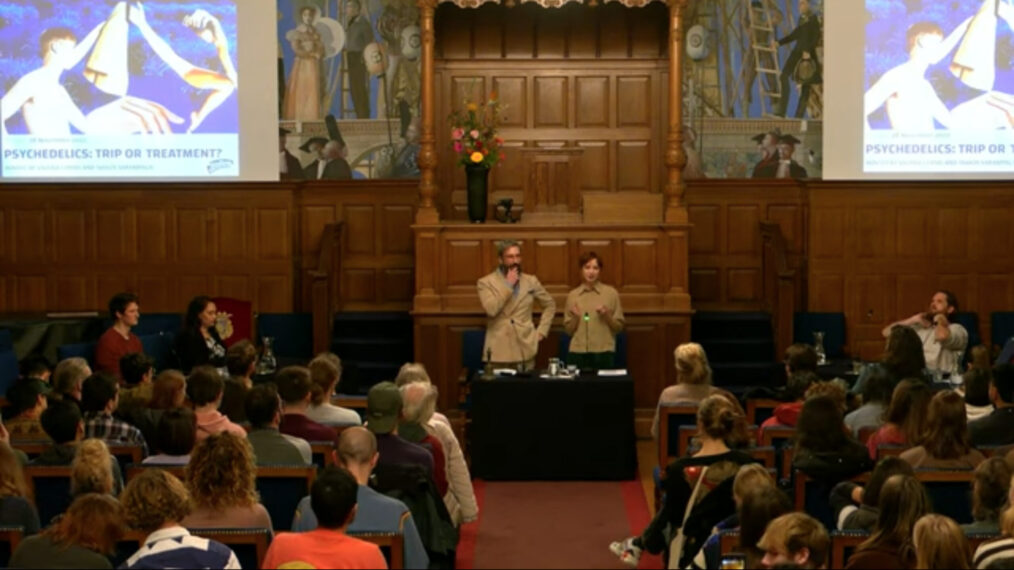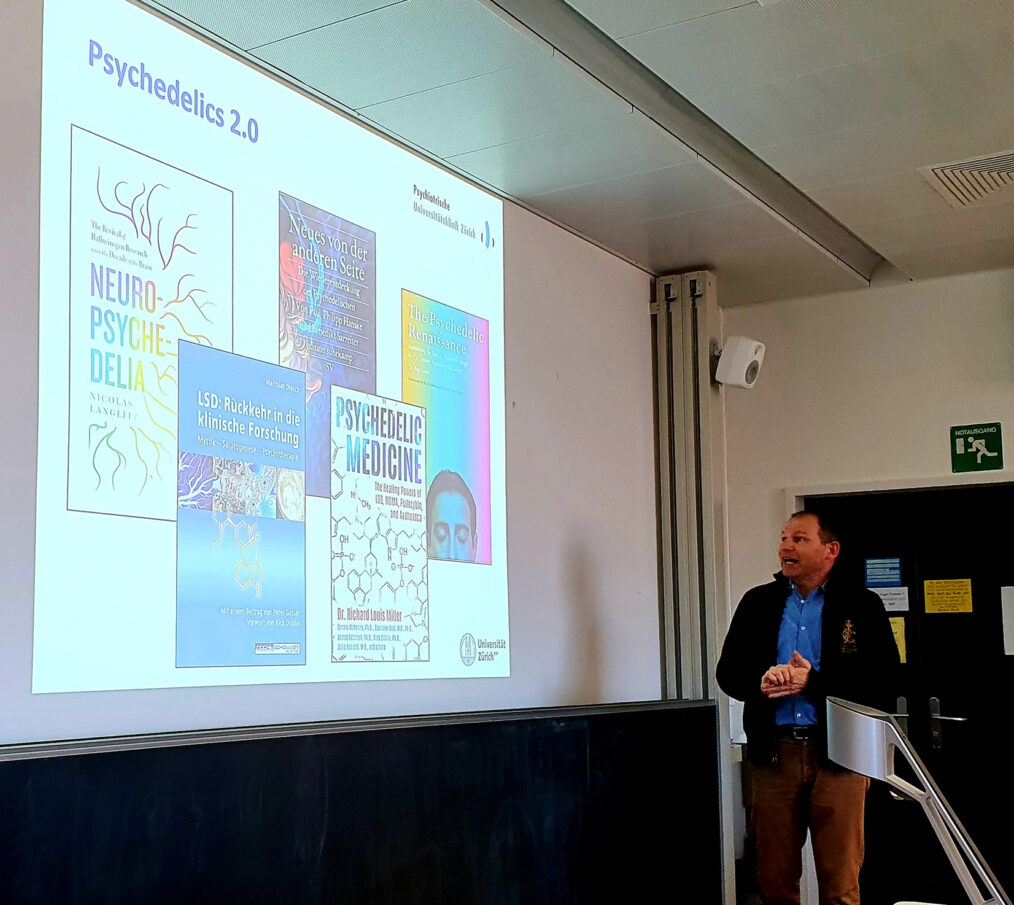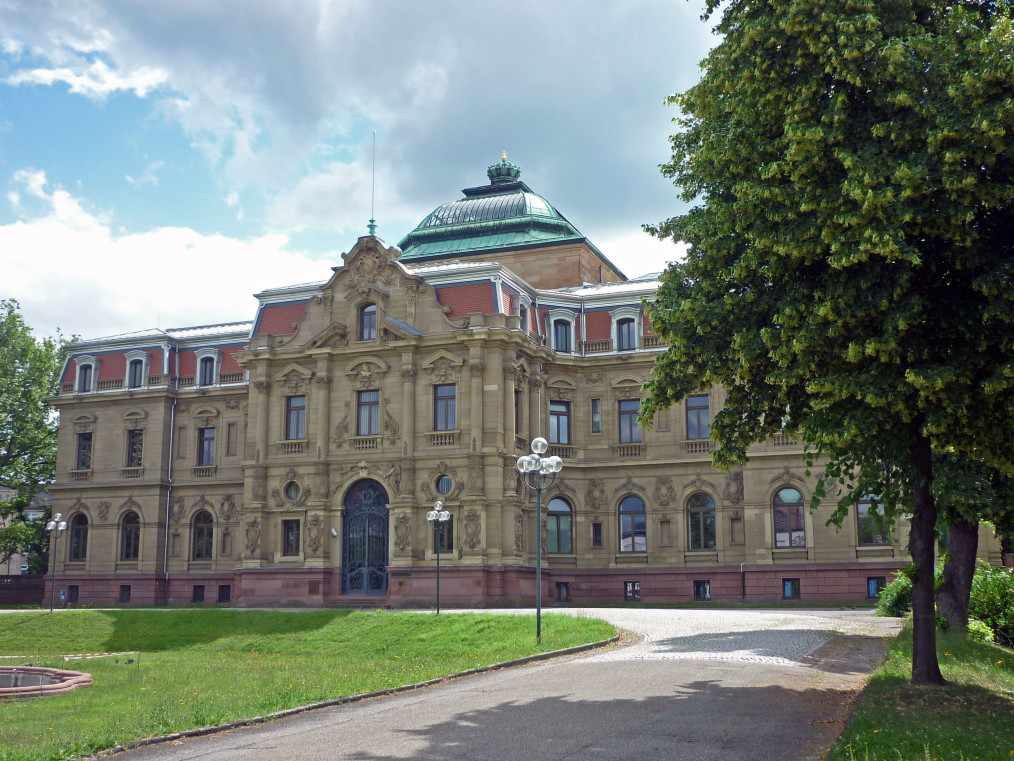Communicating about chronic fatigue. And what psychology can teach us about it. Are psychological symptoms less real than physical ones?
Researchers at the National Institute for Public Health and the Environment (RIVM) have analyzed sewage for remnants of certain psychoactive substances. What does it tell us about students’ consumption?
Scholars in Groningen debated the present and future of psychedelic drugs. Will they revolutionize medicine?
After their demonization and prohibition decades ago, psychedelic drugs are now again investigated by scientists. Stephan Schleim shares impressions from a recent visit to the Psychiatric University Hospital Zurich, one of the pioneering places for this research. Do psychedelics have therapeutic potential?
Media report that many students take drugs to improve their academic performance. Now the Dutch government even plans to discourage this. Is it more than a hype? And should educational institutions react?
Is it for the money that we are doing what we are doing? That doesn’t fit at all with a community defined by its intrinsic motivation, and certainly not when the object of that motivation is knowledge.
Academics and the media raise the issue whether students are using stimulant drugs to perform better. Is an increasing emphasis on top performance the reason for this debate?
Why be afraid of fear? What are mental disorders? And how can patients be empowered to become their own doctors? Such questions were discussed in the Studium Generale series on “Everyday Madness”.
Mental health problems have become a topic of public debate. Last month, a Studium Generale lecture series addressed the situation in the Netherlands and beyond.
Imagine you are having lunch with legal experts. You don’t understand a word of what they are talking about. Are you afraid to make a fool of yourself? Or do you dare to ask a stupid question and see what happens? Be surprised!







